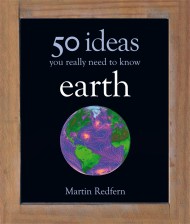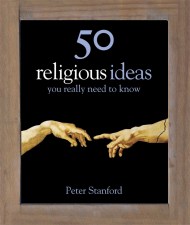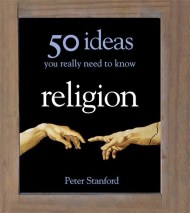Science first began as a branch of philosophy, but it has since grown up and moved out of the family home, and its successes have put its parent in the shade. Thanks to scientific knowledge we have walked on the Moon, cured once-fatal illnesses, and even identified the very building blocks of life and the universe. But it is these very successes that underline the need for philosophy.
How much should we trust the pronouncements of scientists that we read in the media? What are the ethical implications of our delving into the foundations of our DNA, reproductive treatments, or artificially prolonging life? And are there limits to what science can tell us about the world we think we know?
In straightforward and accessible terms, 50 Philosophy of Science Ideas You Really Need to Know explains the key philosophical questions that continue to lie at the heart of the nature and practice of science today.
The ideas explored include: Appearance and reality; Knowledge; Anti-realism; Metaphysics; Science and gender; Phenomenology and science.
How much should we trust the pronouncements of scientists that we read in the media? What are the ethical implications of our delving into the foundations of our DNA, reproductive treatments, or artificially prolonging life? And are there limits to what science can tell us about the world we think we know?
In straightforward and accessible terms, 50 Philosophy of Science Ideas You Really Need to Know explains the key philosophical questions that continue to lie at the heart of the nature and practice of science today.
The ideas explored include: Appearance and reality; Knowledge; Anti-realism; Metaphysics; Science and gender; Phenomenology and science.
Newsletter Signup
By clicking ‘Sign Up,’ I acknowledge that I have read and agree to Hachette Book Group’s Privacy Policy and Terms of Use






























